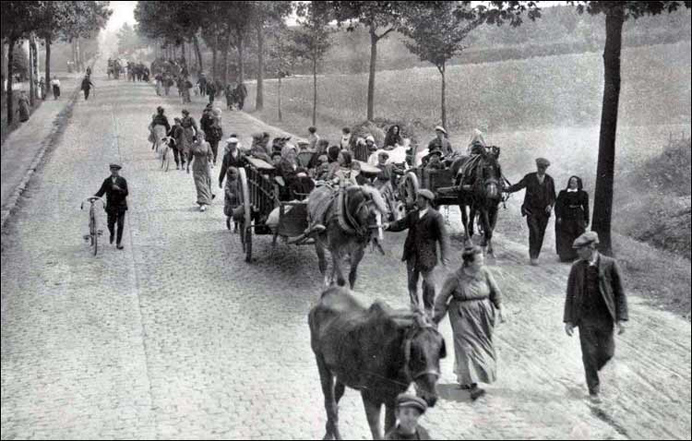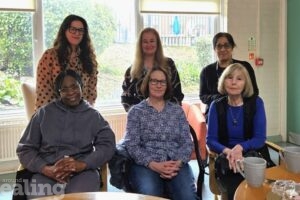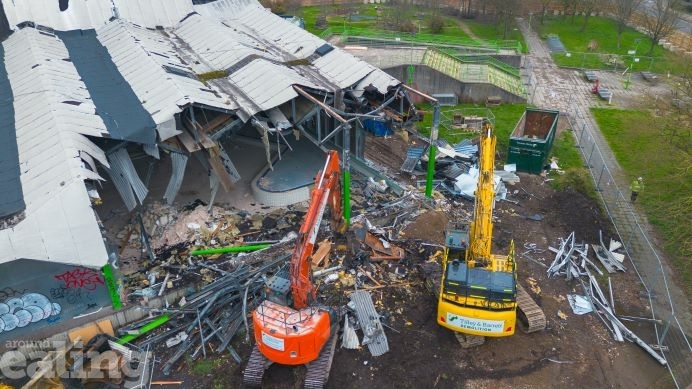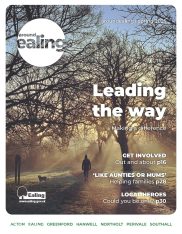As we draw closer to the 100th anniversary of the end of the First World War, in November, we will run a series of articles by Dr Jonathan Oates on how the war affected our borough and its people. We will conclude in November with a tale of how the news of Armistice and peace were celebrated.
In August 1914 the German army invaded Belgium and so began the First World War. Many Belgians fled their country (as you can see above), some to France and some 180,000 to Britain. Hundreds arrived in Ealing. The bravery of the small Belgian army and the atrocities committed on Belgian civilians caused great sympathy towards them. Residents helped the new arrivals with accommodation, food and clothing.
In October, St Stephen’s parish raised money to let a detached house, Courtfield Lodge, to 35 Belgians. Other places locally were used as hostels; 53 Hamilton Road, 183 South Ealing Road, Castlebar Hostel, and there were ones on Acacia Road and Perryn Road in Acton. Sometimes these houses were leased for free or at reduced rates by their absentee owners.
There were numerous fund raising activities, such as concerts and lantern slide lectures at the town hall to raise money for refugee relief. Money was raised by door to door collections. If the Belgian residents were in work they would be expected to contribute to their board and lodgings. Because many refugees arrived with minimal clothing, appeals were made for warm clothes as well as toys for the children.
The Drill Hall in South Ealing was used as a school for the Belgian children, run by Belgian adults. A social club was opened for adults and Belgian and French newspapers provided there. Adults were expected to work, and many men went into the armed forces and women worked in factories and shops. Belgian soldiers often spent their leave with their families in these homes. Some left the hostels once they had found employment, being now able to rent accommodation for themselves. Some Belgian refugees who worked in industry boarded privately without need for additional help.
There was some controversy over whether some of the male adult refugees were avoiding military service as some were seen around Ealing in civilian costume. Yet a matron at one of the hostels said that of her guests, three had disabling wounds but these were not obvious and so they could be charged with shirking.
The help that was offered by their Ealing hosts was certainly appreciated, with a Mr G. Van de Poonten writing: “The generous and delicate manner in which you have received us has already created for us a sufficient reason to assure you of our lasting thankfulness.”
One Belgian who had received hospitality in Ealing and worked as an interpreter between British and Belgian forces on the Western Front wrote to thank his former landlady.
More stories
There are many more stories on the First World War on this website. Type ‘First World War’ in the search box at the top of the page. And, of course, keep an eye out for the rest of the current series of stories to be published.







